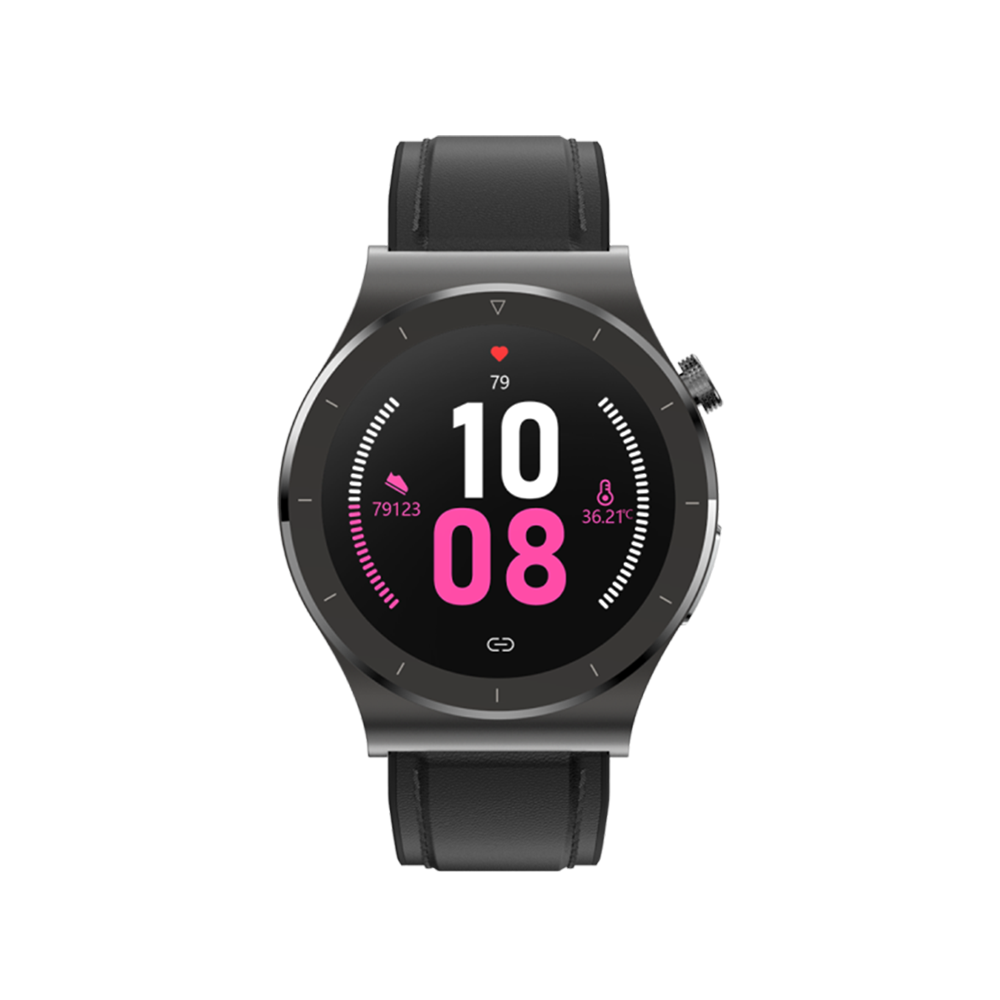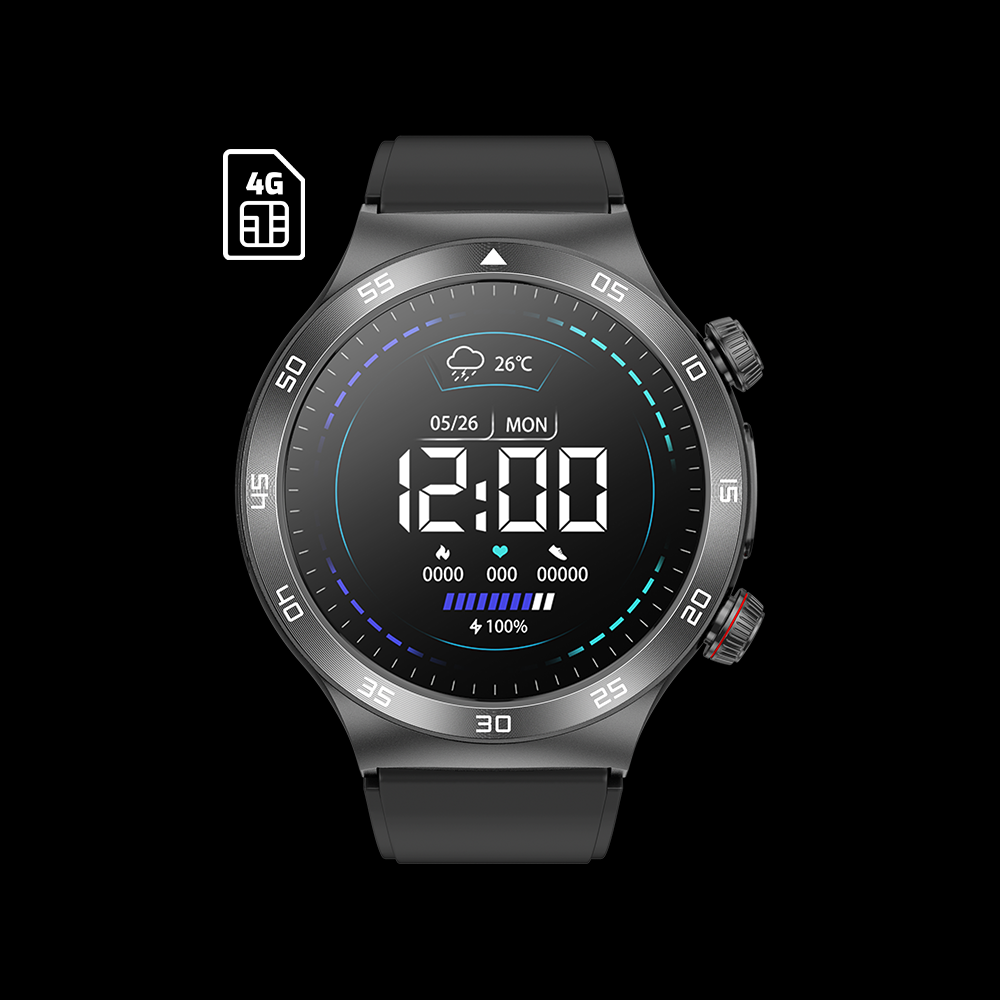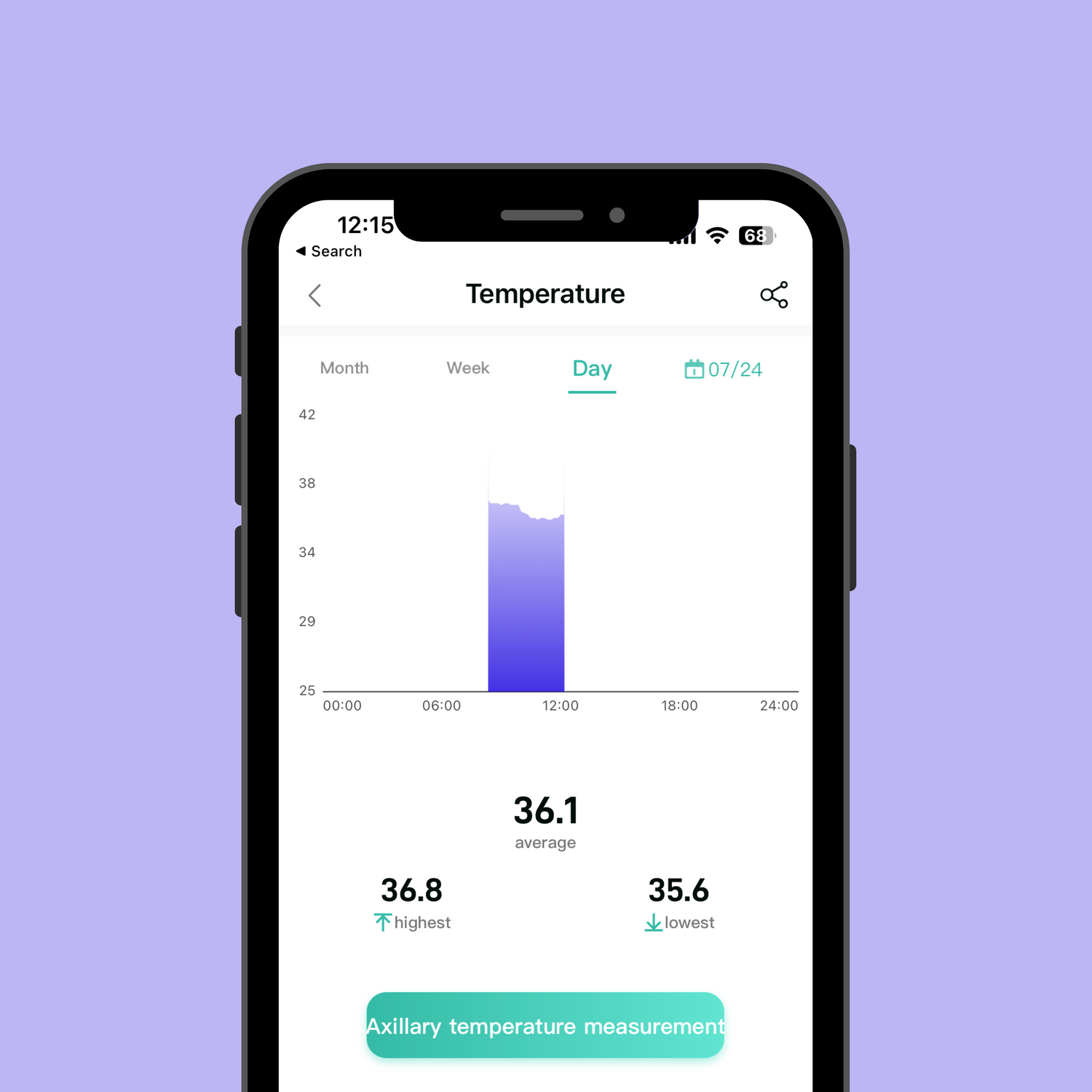When it comes to sports performance, athletes and coaches often focus on physical conditioning, technique, and mental preparation. However, one crucial factor that is frequently overlooked is the body temperature of athletes during training and competition.
Body temperature plays a significant role in determining an athlete's ability to perform optimally, affecting everything from endurance and speed to reaction times and overall health. Let’s delve into the relationship between body temperature and sports performance, highlighting the importance of maintaining the perfect balance for peak athletic achievement.
The Role of Body Temperature in Sports
The human body operates within a narrow temperature range, with a normal core temperature of around 98.6°F (37°C). This temperature is critical for the proper functioning of enzymes, metabolic reactions, and overall physiological processes. During sports activities, the body generates heat as a natural consequence of physical exertion. The balance between heat production and heat dissipation significantly impacts an athlete's performance.
-
Heat Production: When muscles contract during exercise, they generate heat. The more intense the physical activity, the more heat the body produces. Additionally, adrenaline and other stress hormones released during competition can increase heat production.
-
Heat Dissipation: The body has efficient cooling mechanisms, primarily relying on sweating and increased blood flow to the skin. Sweat evaporation helps dissipate excess heat and maintain body temperature within a safe range.
Impact of High Body Temperature on Sports Performance
-
Dehydration: Excessive sweating without adequate fluid replacement can lead to dehydration. Even mild dehydration, as low as 2% loss of body weight, can impair athletic performance, leading to decreased endurance, reduced strength, and impaired cognitive function.
-
Reduced Endurance: High body temperature can strain the cardiovascular system, increasing heart rate and reducing the body's ability to deliver oxygen to working muscles. This can lead to premature fatigue and decreased endurance during prolonged activities.
-
Impaired Decision Making: Elevated body temperature has been linked to impaired cognitive function, including reduced attention, slower reaction times, and decreased decision-making abilities. In fast-paced sports, split-second decisions can make a significant difference in performance.
-
Muscle Cramps: High temperatures and dehydration can increase the likelihood of muscle cramps, which can be both painful and debilitating during competitions.
Impact of Low Body Temperature on Sports Performance
-
Decreased Muscle Flexibility: Cold temperatures can decrease muscle flexibility, increasing the risk of injuries, such as strains and sprains.
-
Slower Nerve Conduction: Low body temperature can slow nerve conduction, leading to delayed reflexes and reduced coordination.
-
Reduced Blood Flow: Cold weather can cause blood vessels to constrict, reducing blood flow to muscles and extremities, which hampers performance in sports that require fine motor skills.
Finding the Optimal Body Temperature for Performance
For athletes to perform at their best, maintaining an optimal body temperature is crucial. Here are some strategies to achieve this balance:
-
Hydration: Adequate hydration before, during, and after exercise is vital to support the body's cooling mechanisms. Athletes should consume fluids that contain electrolytes to replenish those lost through sweat.
-
Pre-Competition Warm-Up: A proper warm-up is essential to raise the body's core temperature gradually, increasing blood flow to muscles and improving flexibility.
-
Cooling Strategies: In hot environments, athletes can use cooling strategies like cold towels, ice vests, or misting to reduce body temperature during breaks in play.
-
Dress Appropriately: In cold weather, athletes should dress in layers to retain body heat and remove layers as they warm up during activity.
Body temperature significantly influences an athlete's performance in sports. Whether it's hot or cold, maintaining the right body temperature is critical for optimizing endurance, reaction times, and overall physical and cognitive abilities. By understanding the impact of body temperature and implementing appropriate strategies, athletes can elevate their performance and achieve their full potential in the world of sports.










Leave a comment
This site is protected by hCaptcha and the hCaptcha Privacy Policy and Terms of Service apply.